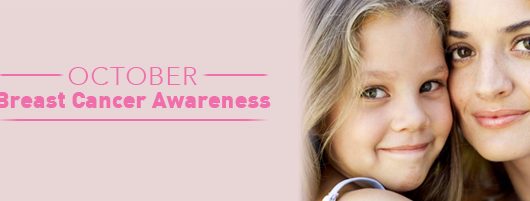Education is the theme of this year’s Menstrual Hygiene Day, which is celebrated annually on May 28. Menstrual Hygiene Day was initiated by the nonprofit WASH United in 2014 to build awareness of the fundamental role that good hygiene management plays in helping women and girls reach their full potential. WASH stands for WAter, Sanitation and Hygiene and while the organization’s efforts are largely focused on ending the sanitation and hygiene crisis in eight sub-Saharan African countries and India, Menstrual Hygiene Day has received the support of over 400 global partners who are committed to making good menstrual health and hygiene a priority worldwide. (One of the partners is Scensibles, founded by Junior League of Rochester past president and sustainer Ann Germanow.)
What are the important issues that make #menstruationmatters?
- Globally, managing menstruation with normalcy and dignity remains a challenge everywhere, especially in areas where social norms, customs and socio-economic factors can play a negative role.
- Boys and men should be included in conversations about menstruation to dispel taboos and negative social norms and help foster a supportive environment for women and girls.
- In all areas of life – at home, in school, at work or when traveling – women and girls need to be able to manage their menstruation.
- Equality in education, work or other opportunities is predicated on the ability to manage menstruation; taboos and myths related to menstruation often portray women and girls as inferior to men and boys, which undermines gender equality and can constitute discrimination.
- Disabled women and girls can have specific requirements to manage their menstruation and these need to be taken into account in all areas of life.
The Junior League proudly participated in Menstrual Hygiene Day during our recent Annual Conference in the Twin Cities, MN. Delegates from Leagues across the globe came together to donate over 1,600 menstrual hygiene products to a local organization called Support Women. Period., which works to break the cycle of silence that surrounds the menstrual cycle and provides tampons and pads to girls and women in need in the greater Twin Cities area.
In the end, it’s simple. When women and girls cannot manage their menstruation adequately and with dignity, their human rights are impacted.


